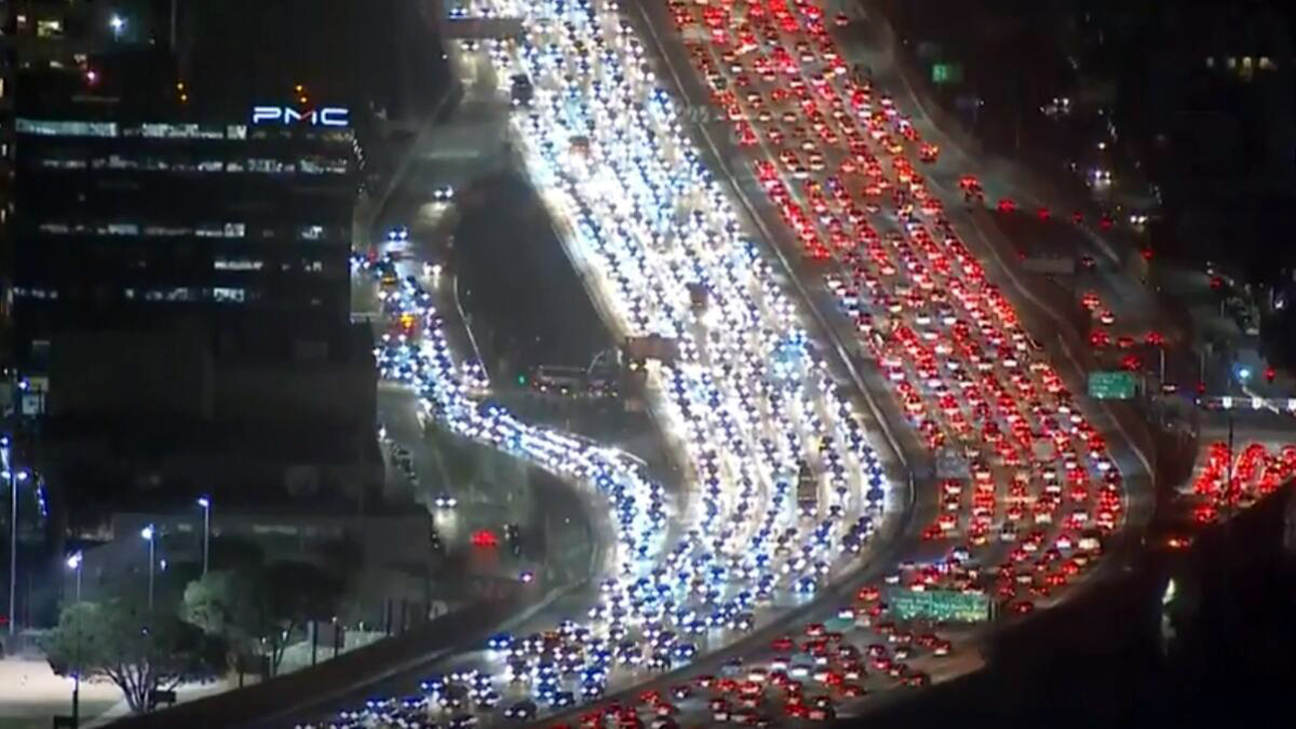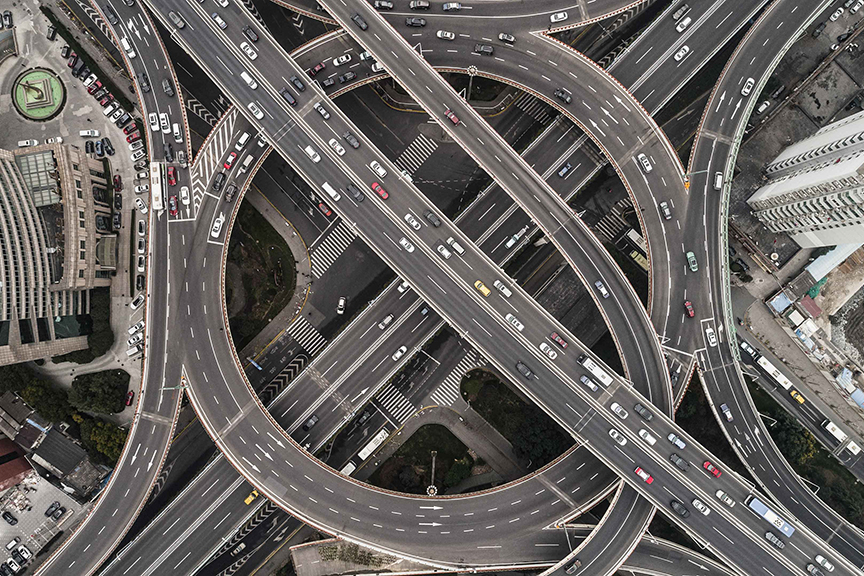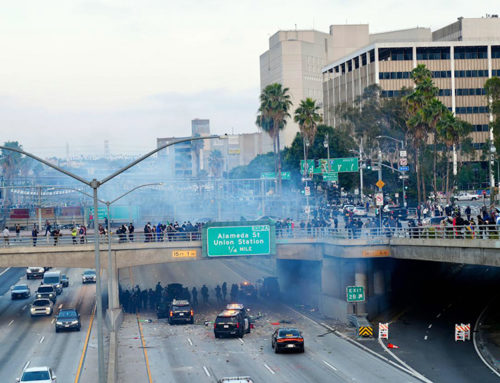California, the most populous state in the U.S., is facing an infrastructure crisis. Decades of neglect, mismanagement, and poor planning have left the state’s roads, bridges, and public transit systems in disrepair. While Democratic leaders have poured billions into ambitious projects like the high-speed rail, these efforts have been marred by delays, cost overruns, and controversies. Republicans argue that a more pragmatic approach focused on maintenance, accountability, and efficient funding is essential to address California’s pressing infrastructure needs.
Aging Roads and Bridges: A System in Decline
California’s roadways and bridges are among the most heavily used in the nation, yet they rank near the bottom in terms of condition and reliability. A 2023 report from the American Society of Civil Engineers gave the state’s infrastructure a dismal grade, citing crumbling bridges, pothole-filled roads, and inadequate maintenance.
- Safety Concerns: Over 1,500 bridges in California are classified as structurally deficient, posing significant risks to commuters and freight transport.
- Economic Impact: Poor road conditions cost Californians an average of $844 annually in vehicle repair and operating costs, not to mention lost productivity due to traffic congestion.
- Delayed Maintenance: Years of deferred maintenance have compounded the problem, as Democratic leaders prioritize new projects over the upkeep of existing infrastructure.
Republicans advocate for prioritizing the repair and maintenance of California’s aging infrastructure. By redirecting funds toward fixing existing roads and bridges, the state can improve safety and reliability for residents and businesses alike.
High-Speed Rail: A Vision Stalled
California’s high-speed rail project, once hailed as a transformative initiative, has become a symbol of government inefficiency and waste. Launched in 2008, the bullet train was envisioned to connect San Francisco and Los Angeles in under three hours, offering a fast, eco-friendly alternative to driving and flying.
- Cost Overruns: Initially estimated at $33 billion, the project’s price tag has ballooned to over $100 billion, with no clear end in sight.
- Delays: Originally slated for completion in 2020, the project’s timeline has been repeatedly pushed back, with only a fraction of the route under construction.
- Mismanagement: Critics point to poor planning, land acquisition issues, and a lack of accountability as key factors behind the project’s failures.
Republicans argue that the high-speed rail’s failures highlight the need for greater oversight and accountability in infrastructure projects. Instead of pouring more money into a flawed initiative, they advocate reallocating funds to more immediate transportation needs, such as road repairs and expanding existing transit systems.

Public Transportation: Falling Behind
Despite its status as an economic powerhouse, California’s public transportation systems lag far behind those of other states and countries. Cities like Los Angeles and San Francisco, which rely heavily on cars, struggle with outdated and underfunded transit networks.
- Limited Coverage: Many Californians lack access to reliable public transit, particularly in suburban and rural areas.
- Low Ridership: Aging infrastructure, safety concerns, and unreliable service have deterred residents from using public transportation.
- Global Comparison: While cities like Tokyo and Paris boast world-class transit systems, California’s major cities fail to offer comparable convenience and efficiency.
Republicans advocate for targeted investments in public transportation that prioritize efficiency, safety, and accessibility. By focusing on practical improvements—such as modernizing existing systems, adding new routes, and ensuring better integration between transit options—the state can reduce congestion and improve quality of life for its residents.
Addressing Infrastructure Challenges: A Republican Perspective
To tackle California’s infrastructure struggles, Republicans propose a pragmatic approach that emphasizes results over rhetoric:
- Prioritize Maintenance: Redirect funds toward repairing and maintaining existing roads, bridges, and transit systems to ensure safety and reliability.
- Increase Accountability: Implement greater oversight for large-scale projects to prevent cost overruns and delays.
- Focus on Cost-Effective Solutions: Invest in practical, achievable improvements that benefit the greatest number of Californians.
- Encourage Public-Private Partnerships: Leverage private investment to fund infrastructure projects and reduce the burden on taxpayers.
Call to Action: Building a Better Future
California’s infrastructure is at a crossroads. Residents must demand policies that prioritize practical solutions and accountability over political posturing. By embracing Republican principles of fiscal responsibility and efficient governance, California can rebuild its crumbling infrastructure and create a transportation network that meets the needs of its people.
California’s infrastructure struggles are not just a logistical challenge but a reflection of broader issues in governance. By focusing on maintenance, accountability, and practical solutions, the state can overcome these challenges and pave the way for a more connected, efficient, and prosperous future. It’s time for California to move beyond grandiose visions and focus on delivering tangible results for its residents.






